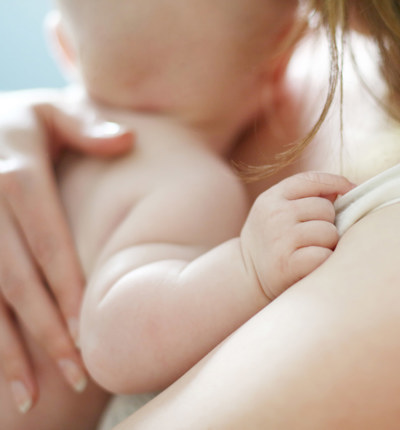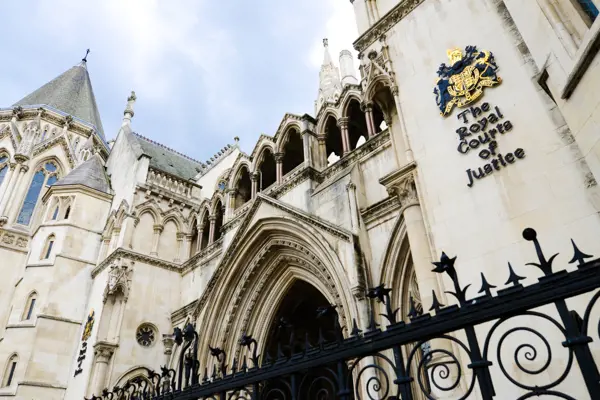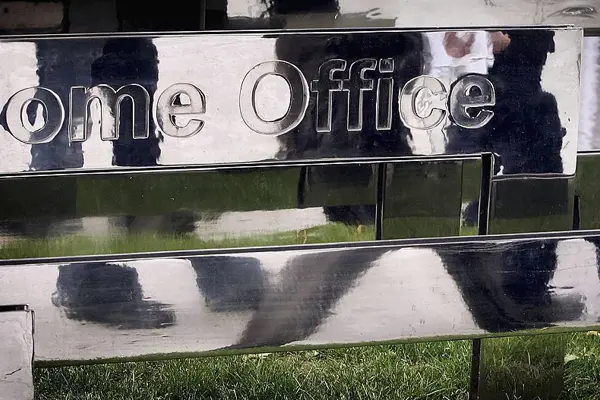
Same-sex couple win fight for equality over IVF treatment
A same-sex couple who began legal action against their local NHS Clinical Commissioning Group (CCG) on the grounds that the group's policy on access to infertility treatment was unlawful have been successful in securing access to IVF treatment.
Posted on 13 December 2017
Due to unexplained infertility, Laura Hineson and Rachel Morgan had been told that they would be required to undergo a total of six rounds of intrauterine insemination (IUI) - at a cost of approximately £6,000 - before being able to access funded IVF treatment. Under Barnsley CCG’s policy a heterosexual couple with similarly unexplained infertility does not need to undergo clinical IUI before being granted access to IVF treatment.
The couple attempted to conceive using artificial insemination at home between November 2014 and January 2016. When this proved unsuccessful they were referred to Sheffield Fertility Centre in May 2016.
They underwent three self-funded cycles of IUI treatments at the fertility centre. This was unsuccessful so they made an Individual Funding Request (IFR), via their consultant, to the CCG to fund the IVF treatment. This was rejected by the CCG which stated that the couple were required to undergo a further three cycles of self-funded insemination before being eligible for funding for IVF treatment.
In their legal case the couple, represented by law firm Leigh Day, claimed that the policy amounted to unlawful direct discrimination under the Equality Act 2010 on the grounds of their sexuality.
The policy stated that heterosexual couples would be offered IVF treatment if they had been unsuccessful after trying to conceive for two years (and providing they met further eligibility criteria). For same sex couples, any attempts at artificial insemination at home were ignored and the policy required intrauterine insemination (IUI) to be attempted before access to IVF could be granted. The couple’s legal team argued that this showed a clear inequality in treatment between the two groups which would impact both on the time taken to conceive and on their finances.
A pre-action protocol letter was sent to the CCG on behalf of the couple to set out their intention to seek judicial review of the CCG’s decision to deny them access to IVF treatment if they did not agree to change their policy and revise their process for assessing edibility for Individual Funding Requests (IFR).
In response to the letter Barnsley CCG conducted a review of the couple’s IFR and in doing so, recognised that the CCG had relied too heavily upon the policy rather than looking at the specific circumstances of Rachel and Laura’s case.
Laura and Rachel said: “For us, this is about fighting for LGBT equality. We should have equal access to IVF treatment and a family, irrespective of the gender of the person we fall in love with.”
Rosa Curling, solicitor at law firm Leigh Day, said: “It was clear to us that Laura and Rachel had faced direct discrimination due to their sexuality. We are pleased that the CCG finally recognised this and agreed to review their policy so that other same-sex couples will not face an unfair disadvantage over heterosexual couples in the same situation.”

